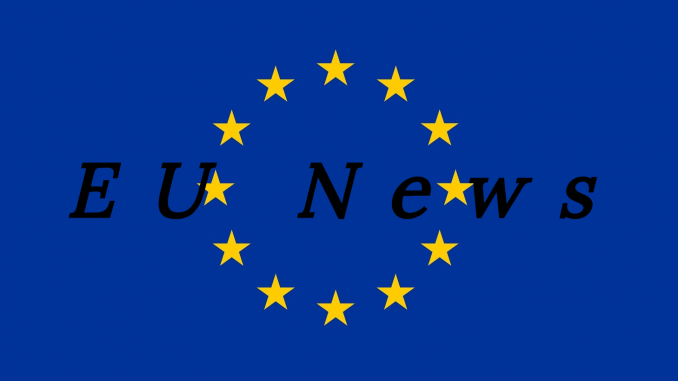
During Brexit negotiations, it has been decided that the UK will not be able to fully access the Galileo program anymore.
Artículo disponible en Español | Article disponible en Français
Galileo, for those who may not have heard of this program yet, is an EU-funded global navigation satellite system. The main reason for an EU-funded GPS-alternative is to reduce dependency on foreign navigation satellites, which are owned either by the US (GPS), Russia (GLONASS) or China (BeiDou). Galileo promises independence from foreign systems, as well as a higher precision for positioning. Once all the satellites will be deployed, Galileo will be able to give positions down to the metre, against 5 to 10 metres from the other systems. The paying version of Galileo, which will be available to the private sector, will be able to go down to the centimetre, which could be very useful for automated cars, as an example.
During recent Brexit negotiations, the EU specified the UK would lose access to the Galileo program, and only be allowed to use it as third countries (non-EU member states) do, in other words, basic access for localization. EU members can bid on contracts for the project, as well as have access to a highly secure, encrypted signal, the Public Regulated Service (PRS), which is what the UK is the most upset about.
The UK warned that excluding them from Galileo could delay the project, as well as increase the cost by a billion euros.
The UK also threatened of developing a rival system on their own. From various estimates, this could cost between 3 to 5 billion euros. The UK is also trying to get back the 1.4 billion euros the country invested in the program since 2003. The Galileo program has costed some 10 billion euros so far and is expected to cost a few more over the coming years.
The European Commission already decided, back in January, that the back-up site of the Galileo Security Monitoring Centre will be moved from the UK to Spain. The main centre is in France.
Speaking of Galileo, recent information given by the ESA and GNSS dubbed the program as a European success, with already 200 million people using the new system. Some people may say this is a slow adoption, others that, knowing the program launched in 2016, it is quite fast. We don’t have to forget that, to be able to use Galileo instead of GPS, our smartphone has to be quite recent and have the proper chip, therefore limiting the user base quite a lot.
The response from both some EU and UK officials, as well as the public, is rather surprising. Some EU officials pointed out it was best to keep the UK inside the Galileo program and allow UK companies to bid on contracts for the project, and UK officials pointed out how they contributed to around 15% of the project and should have an exemption made to retain access to the program. The reaction from the public is also divided, with some stating that if “we paid, we should have access”, while others saying that Brexiters demanded Brexit, and Brexit means separating from everything linked to the EU. It is hard to deny that, seeing how the British government is handling the negotiations, trying to opt out of specific agreements and keep others in place, one can question whether there was a point to the Brexit vote or not.


